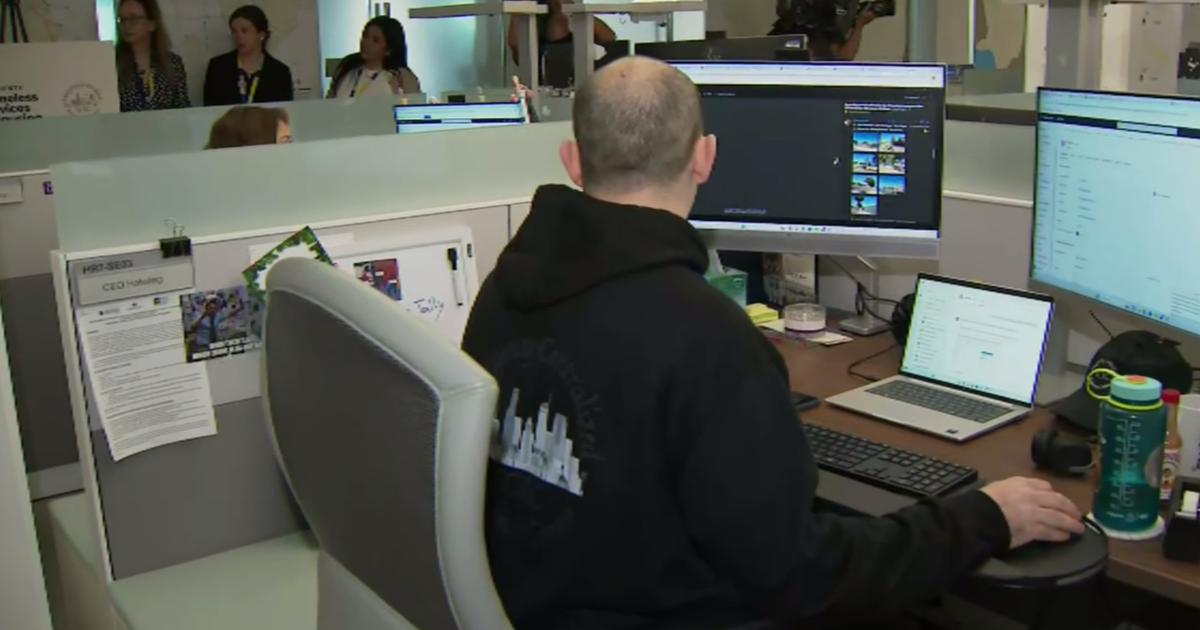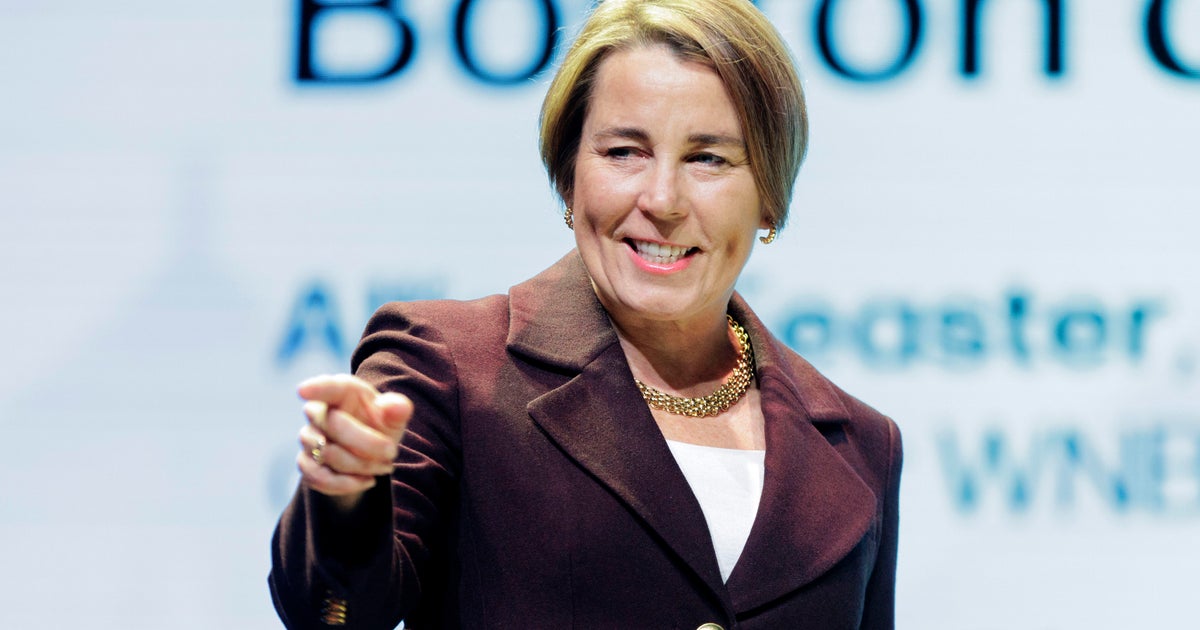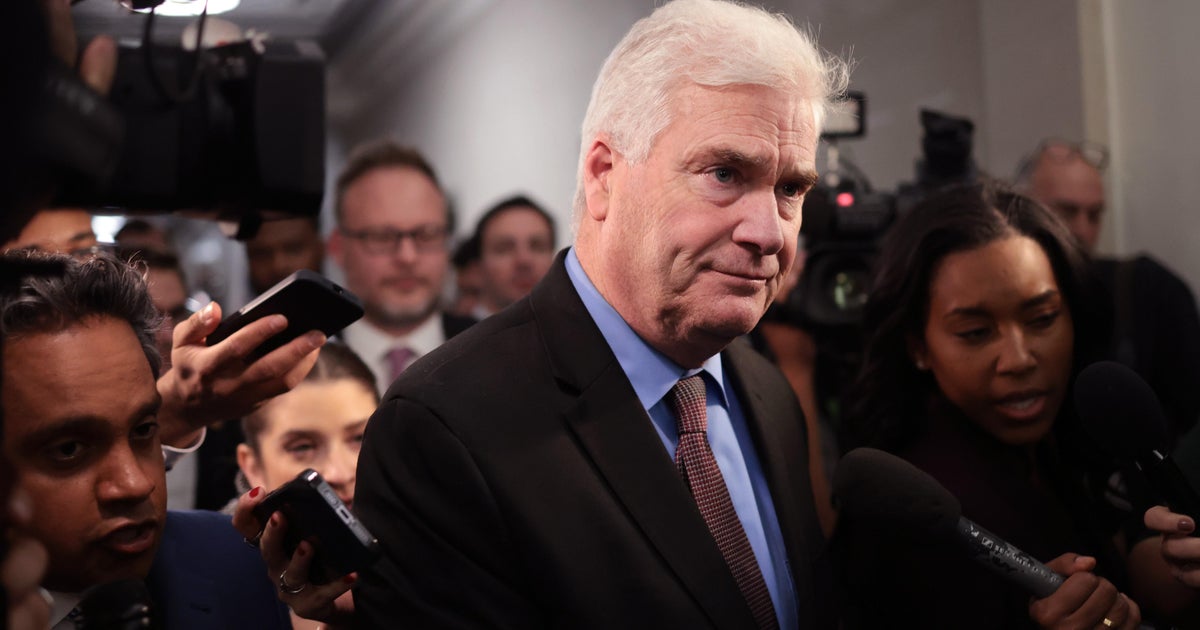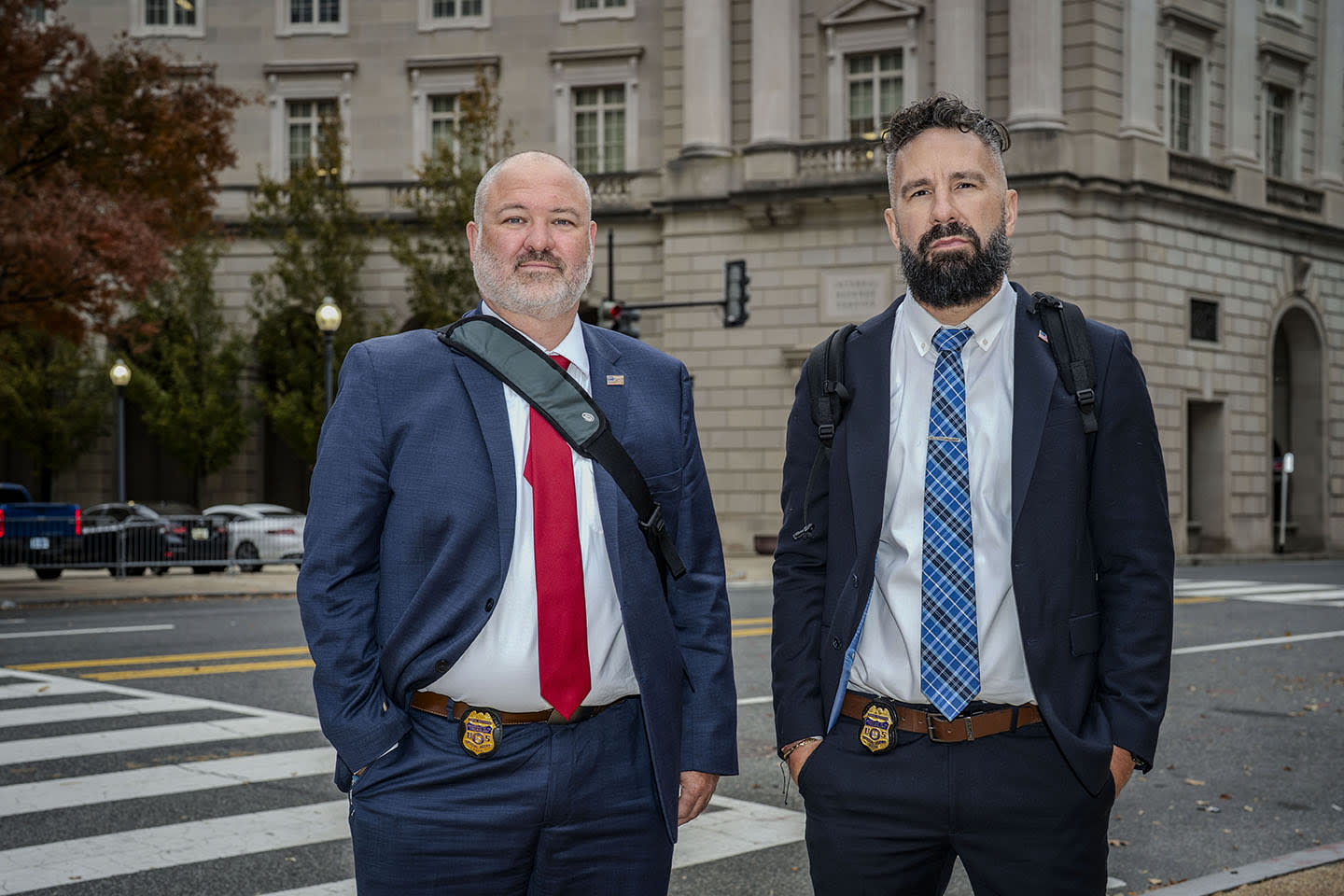Whistleblower exposes $7 billion no-bid Defense Department contract
Last decade, when American was embroiled in the Iraq War, a high-ranking U.S. Army Corps of Engineers put her career on the line to stand up to some of the most powerful men in America. She believed that a major corporation had been benefiting from a collection of well-connected contracts that were costing taxpayers tens of millions of dollars in waste, fraud and abuse.
Although she was warned against it by supervisors, she blew the whistle on national TV in front of a Senate committee. "My name is Bunnatine H. Greenhouse. I have agreed to voluntarily appear at this hearing," she addressed the committee.
Bunny Greenhouse was an unlikely whistleblower. In 2005, Greenhouse was the highest-ranked civilian at the U.S. Army Corps of Engineers.
"When I took my oath of office it said that you will conduct the business of contracting impartially … and with preferential treatment toward none. I saw preferential treatment toward KBR," she told "Whistleblower" host Alex Ferrer in "Bunny's War: The Case Against the U.S. Army Corps of Engineers."
KBR was Kellogg Brown and Root — back then, a wholly-owned subsidiary of the oil services firm Halliburton. In the weeks prior to the invasion, Greenhouse learned that KBR was being considered for a massive no-bid contract known as Restore Iraqi Oil, or RIO.
"What was the size of this contract?" Ferrer asked.
"Seven billion dollars," she replied.
What Greenhouse didn't know is that even more powerful forces may have been involved.
"A lot of attention fell on Dick Cheney, the vice president, and the fact was that he had been the head of Halliburton for … six years," Vanity Fair journalist Michael Shnayerson explained. "So, the suspicion began to grow that perhaps Cheney was steering government contracts to KBR."
A spokesperson for Dick Cheney told CBS News that the former vice president severed all ties with Halliburton and KBR in the summer of 2000 when he became candidate for vice president.
A representative for KBR said "it's unfortunate that misinformation and myths about KBR's role in supporting the military in Iraq continue to be circulated. These assertions have repeatedly been shown to be false."
For Greenhouse, biting her tongue was never an option. "I can unequivocally state that the abuse related to contracts awarded to KBR represents the most blatant and improper contract abuse I have witnessed during the course of my professional career," she told the Senate committee.
A 2004 government report decided the RIO contract was properly awarded. But the Army eventually split up the contract and, as Greenhouse had requested from the beginning, opened it up to competition.
"Eventually, your enemies at the Army Corps of Engineers caught up with you," Ferrer commented.
"I felt that I was physically being threatened," Greenhouse replied. "They set up a booby trap that caused me to fall," she added.
Born and raised in Rayville, Louisiana, Greenhouse and her six siblings grew up poor in the segregated south. Her parents instilled in her and her siblings a strong sense of morals, integrity and honor; no excuse for being less than the best. In the 1960s, she became the first African American teacher at the newly integrated Unity H.S.
In 1997, she accepted a job with the U.S. Army Corps of Engineers. She was hired by Lt. General Joe Ballard and was the first African American woman to become the head of contracting within the U.S. Army Corps of Engineers.
Greenhouse started to notice a "good ole boys club" forming again at USACE after her boss and mentor, Lt. General Ballard, retired in 2000. Then, in the weeks leading up to the Iraq War in 2003, she attended a top-secret meeting at the Pentagon to discuss details of the Restore Iraqi Oil contract. Present in the room were representatives of Kellogg Brown & Root, a subsidiary of Halliburton, Cheney's former employer.
Greenhouse was concerned about awarding KBR with the no-bid, 5-year contract and urged to accept other bids and limit the duration of the deal. But her objections were never addressed, and KBR received the contract. Later, it was revealed in a draft audit that the company had overcharged the government for fuel purchases by $61 million. She ultimately testified in front of the Senate Democratic Policy Committee.
Greenhouse was the highest-ranked civilian at the Army Corp and she was incredibly good at her job. Because the top brass at USACE couldn't actually fire her, which was a perk of having a high station in the government, they demoted her. When this happened, she was stripped of her security clearance and sent off to a remote cubicle somewhere; she was basically condemned to oblivion. After she filed her whistleblower lawsuit, someone placed a trip wire placed around her cubicle and she fell, permanently damaging her knee.
The Defense Authorization Act Of 2009 reformed some of the very contracting practices that Greenhouse had objected to five years earlier and it limited the duration of certain no-bid contracts.
Greenhouse filed a mixed case lawsuit against the Department of Defense and the Army Corps of Engineers. The whistleblower case claimed that Greenhouse had been retaliated against for speaking out and had faced discrimination based on race, age, and gender. In July 2011, she agreed to a settlement of $970,000.
"Bunny's War: The Case Against the U.S. Army Corps of Engineers" aired Friday, June 28 at 8/7c on CBS.





